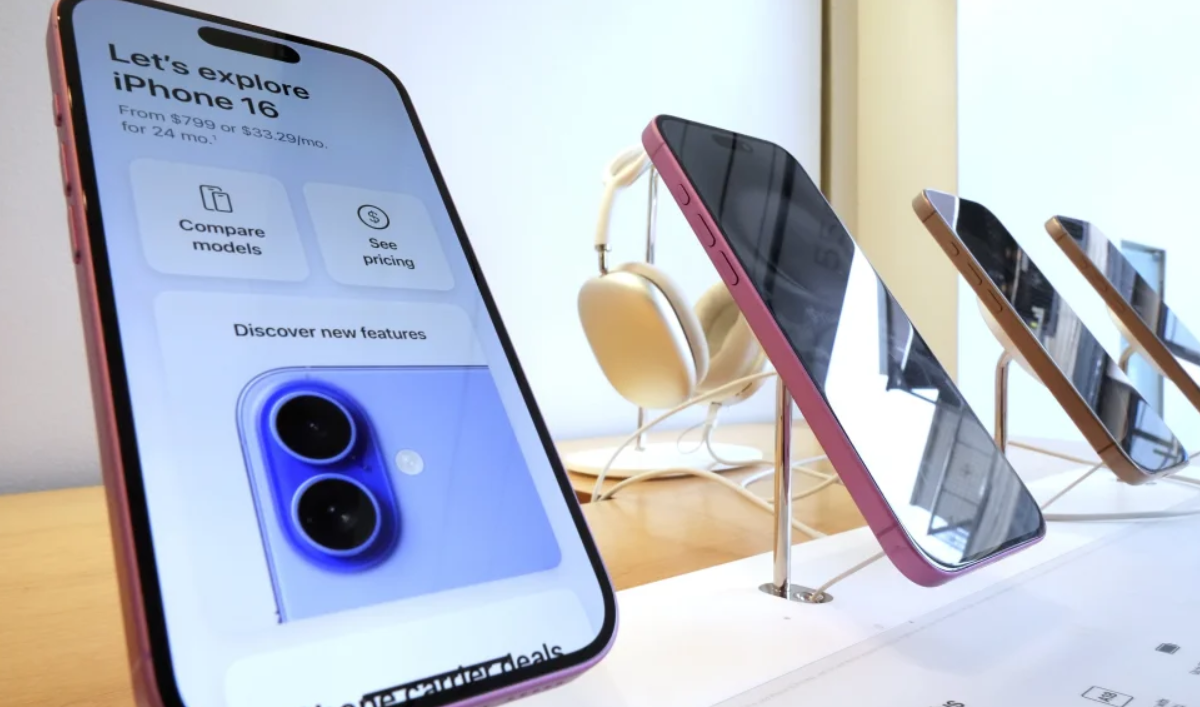Apple has criticized the launch of a new pornography app in the European Union, cautioning that the bloc’s digital regulations, which allow third-party app store downloads, could weaken consumer confidence in the company.
AltStore PAL, an alternative app marketplace permitted under the EU’s Digital Markets Act (DMA), recently introduced the Hot Tub iPhone app, which functions as an adult content browser.
The DMA requires major tech companies to open up their platforms to more competition, including enabling users to download apps from alternative app stores instead of being confined to official stores like Apple’s or Google’s.
In a social media post on Monday, AltStore PAL claimed that Hot Tub is “the world’s 1st Apple-approved porn app.” However, Apple disagreed with this claim, stating that allowing such an app would damage trust and confidence in its mobile ecosystem.
Apple refuted the claims made by the marketplace developer, stating, “Contrary to the false statements, we do not approve of this app and would never offer it in our App Store.”
Apple explained that, due to requirements from the European Commission, it must allow apps like the Hot Tub app to be distributed through third-party marketplaces such as AltStore and Epic, even though Apple has concerns about user safety.
According to Apple’s policies, apps on rival marketplaces still need to go through a “notarization” process to be certified by the company. However, Apple clarified that this certification does not imply endorsement of the app.
AltStore, which is supported by a grant from Epic Games, responded by accusing Apple of using safety concerns as a pretext to protect its monopoly and avoid complying with the Digital Markets Act (DMA).
Epic Games CEO Tim Sweeney also criticized Apple on social media, pointing out that developers on other platforms like Windows, Mac, and Linux can create and release apps without facing additional fees or moral judgments from the platform owners.
Under the Digital Markets Act (DMA), Apple was required to modify its business practices starting last year. One of the most significant changes was the relaxation of App Store restrictions, allowing people in the 27-nation European Union to download iPhone apps from third-party stores.
Apple has expressed concerns about the new regulations, arguing that they could expose Europeans to more harmful services, including pornography, illegal drugs, and other content that has been banned from its App Store.
In its latest statement, Apple again voiced its worries, particularly about the risks posed by adult apps for EU users, including children.
The European Commission, the EU’s executive body, did not respond to a request for comment.














